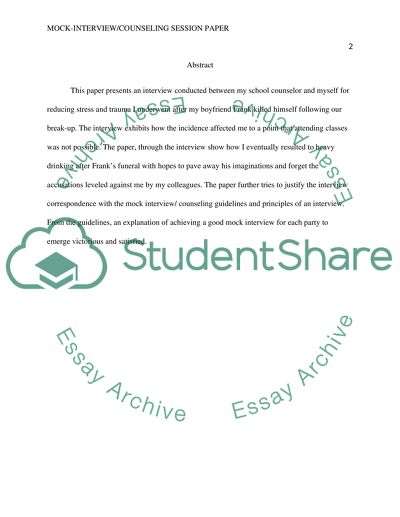Cite this document
(“Counselor and follow-up Paper Essay Example | Topics and Well Written Essays - 2500 words”, n.d.)
Counselor and follow-up Paper Essay Example | Topics and Well Written Essays - 2500 words. Retrieved from https://studentshare.org/psychology/1490236-counselor-and-follow-up-paper
Counselor and follow-up Paper Essay Example | Topics and Well Written Essays - 2500 words. Retrieved from https://studentshare.org/psychology/1490236-counselor-and-follow-up-paper
(Counselor and Follow-up Paper Essay Example | Topics and Well Written Essays - 2500 Words)
Counselor and Follow-up Paper Essay Example | Topics and Well Written Essays - 2500 Words. https://studentshare.org/psychology/1490236-counselor-and-follow-up-paper.
Counselor and Follow-up Paper Essay Example | Topics and Well Written Essays - 2500 Words. https://studentshare.org/psychology/1490236-counselor-and-follow-up-paper.
“Counselor and Follow-up Paper Essay Example | Topics and Well Written Essays - 2500 Words”, n.d. https://studentshare.org/psychology/1490236-counselor-and-follow-up-paper.


